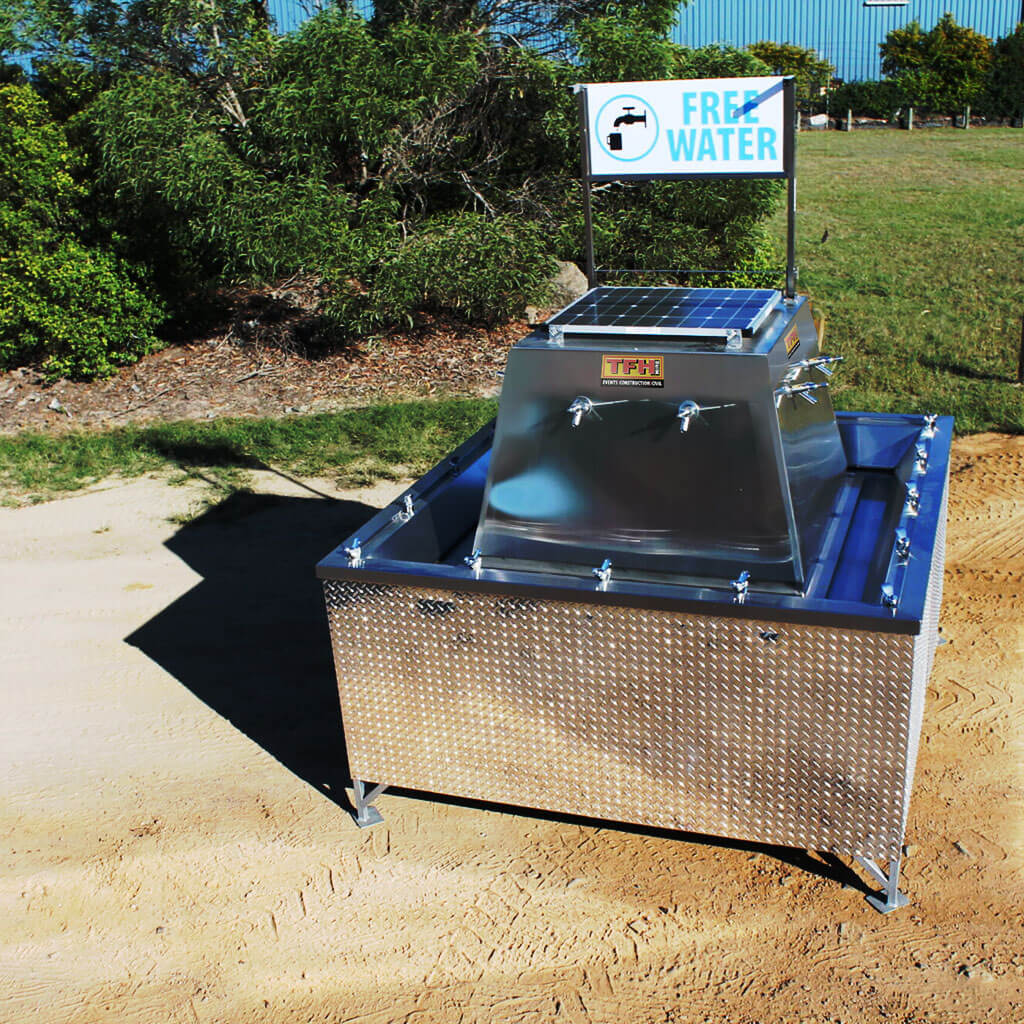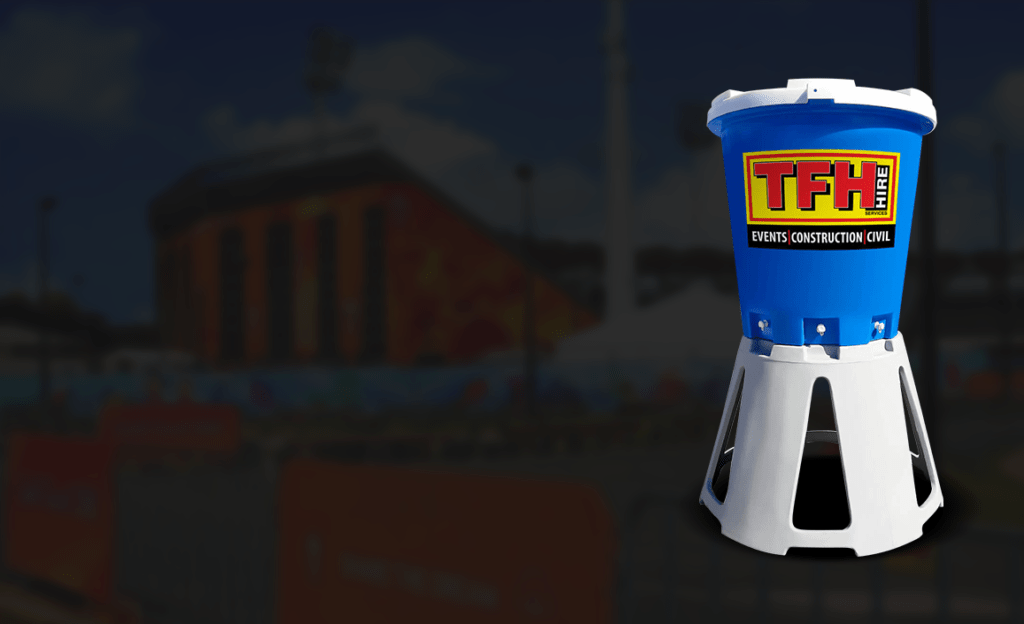Braving the Heat or the Cold: The Importance of Hydration

High Temperatures and Health Risks:
In Australia, summer temperatures can frequently rise above 35°C (95°F), with extreme cases reaching over 40°C (104°F). Such conditions pose severe health risks, including dehydration, heatstroke, and heat exhaustion. These temperatures not only threaten the health of workers but also impact productivity and increase the risk of workplace accidents due to heat-induced fatigue and cognitive impairments.
Adapting Workplace Practices:
To combat the risks associated with high temperatures, many Australian workplaces implement heat policies. These include scheduling work at cooler times of the day, providing access to adequate water and cooling areas, enforcing regular breaks, and ensuring that all staff are educated about the signs of heat-related illnesses.
Welcoming the Cooler Months: A Relief for Australian Workers
As Australia transitions from the intense heat of summer to the cooler months of autumn and winter, workers across various industries, especially those involved in outdoor and physically demanding jobs, experience significant relief. The change in weather brings more than just a drop in temperature; it introduces a range of benefits that enhance both workplace safety and employee well-being.
A Break from the Heat
Reduced Heat Stress: During the summer, Australian workers face the risk of heat stress, which can lead to serious health issues such as heat exhaustion, heatstroke, and dehydration. The cooler months significantly reduce these risks, allowing workers to perform their duties without the looming threat of heat-related illnesses.
Enhanced Comfort and Productivity: Lower temperatures are generally more comfortable to work in, which can lead to increased productivity. Workers are less likely to suffer from the lethargy and discomfort associated with high heat, and can instead focus more effectively on their tasks.
Health and Safety Benefits
Improved Mental Alertness:
Cooler weather can help maintain better cognitive function among workers. Heat stress has been shown to impair mental alertness and decision-making capabilities, which are crucial for safety and efficiency on job sites.
Safer Working Conditions:
With the reduction in temperatures, there’s less need for managing heat exposure. This creates a smoother workflow and potentially reduces the likelihood of accidents that fatigue and discomfort can cause.
Optimising Work Environments
While the cooler weather is a welcome change, it’s essential for workplaces to adapt their practices to continue ensuring worker safety. This includes:
Continued Hydration:
It’s important to maintain hydration practices even in cooler weather, as the body still needs adequate fluids to function optimally.
Appropriate Clothing:
Ensuring that workers have access to suitable clothing to protect against cooler temperatures and potential rainfall can prevent other forms of discomfort and health concerns, such as colds and respiratory issues.
Understanding Dehydration: Signs and Symptoms
Dehydration occurs when the body loses more fluids than it takes in. For construction workers, staying hydrated is essential to maintain physical health and cognitive function, which in turn affects safety and productivity. Recognising the signs of dehydration is vital. Symptoms include:
- Thirst
- Dry mouth and dry skin
- Fatigue and weakness
- Decreased urine output
- Dizziness or lightheadedness
- Rapid heartbeat and breathing
Preventing Dehydration: Accessible Drinking Water

One of the most effective measures to prevent dehydration is ensuring easy access to drinking water. Here, products from TFH play a crucial role. They offer a range of solutions designed to meet the hydration needs of workers on any site:
- Event Drinking Water Hire: Ideal for large construction sites, these units can provide clean, fresh drinking water to a large number of workers, ensuring that hydration is never far away.
- Single Water Bubbler: Perfect for smaller teams or less spacious sites, these bubblers are easy to install and use, providing a constant supply of chilled water.
- Water Hydration Station and Water Hydration Units: These stations are versatile hydration solutions equipped with multiple taps to serve several workers at once, reducing waiting times and encouraging regular water intake.
- Promotional Bottled Water: Custom-branded water bottles are not only a great way to keep workers hydrated but also serve as a tool for reinforcing company branding and emphasising the importance of hydration.
A Call to Action for Hydration Safety
Ensuring that construction workers have access to clean, fresh water throughout the day is not just a health and safety measure—it’s a necessity. By integrating effective hydration solutions like those offered by TFH, employers can safeguard their workforce against the dangers of dehydration and heat-related illnesses, ultimately fostering a safer and more productive working environment.
For construction companies, investing in a proper hydration service is a step towards demonstrating a commitment to worker welfare and operational excellence. As we continue to rely on the hard work of construction workers to shape our environments, it is equally important that we support their health and well-being with the right resources.

